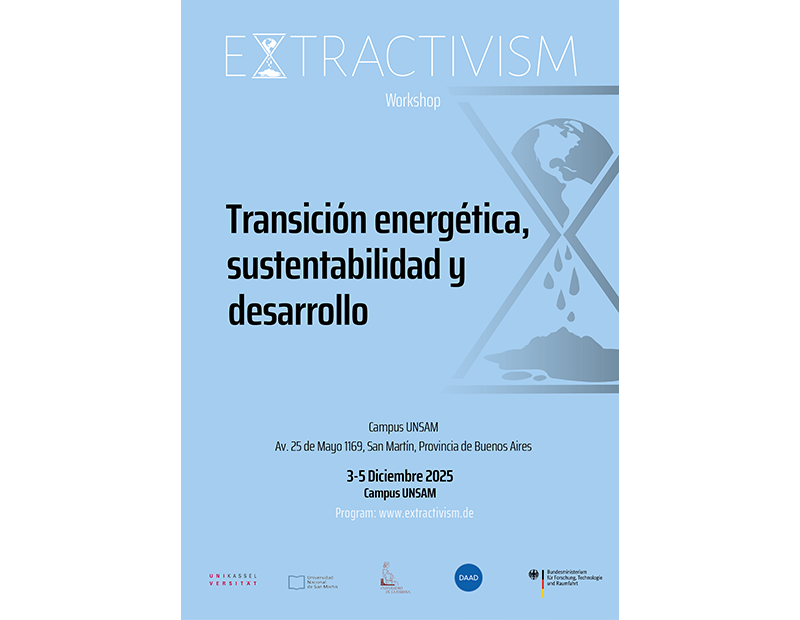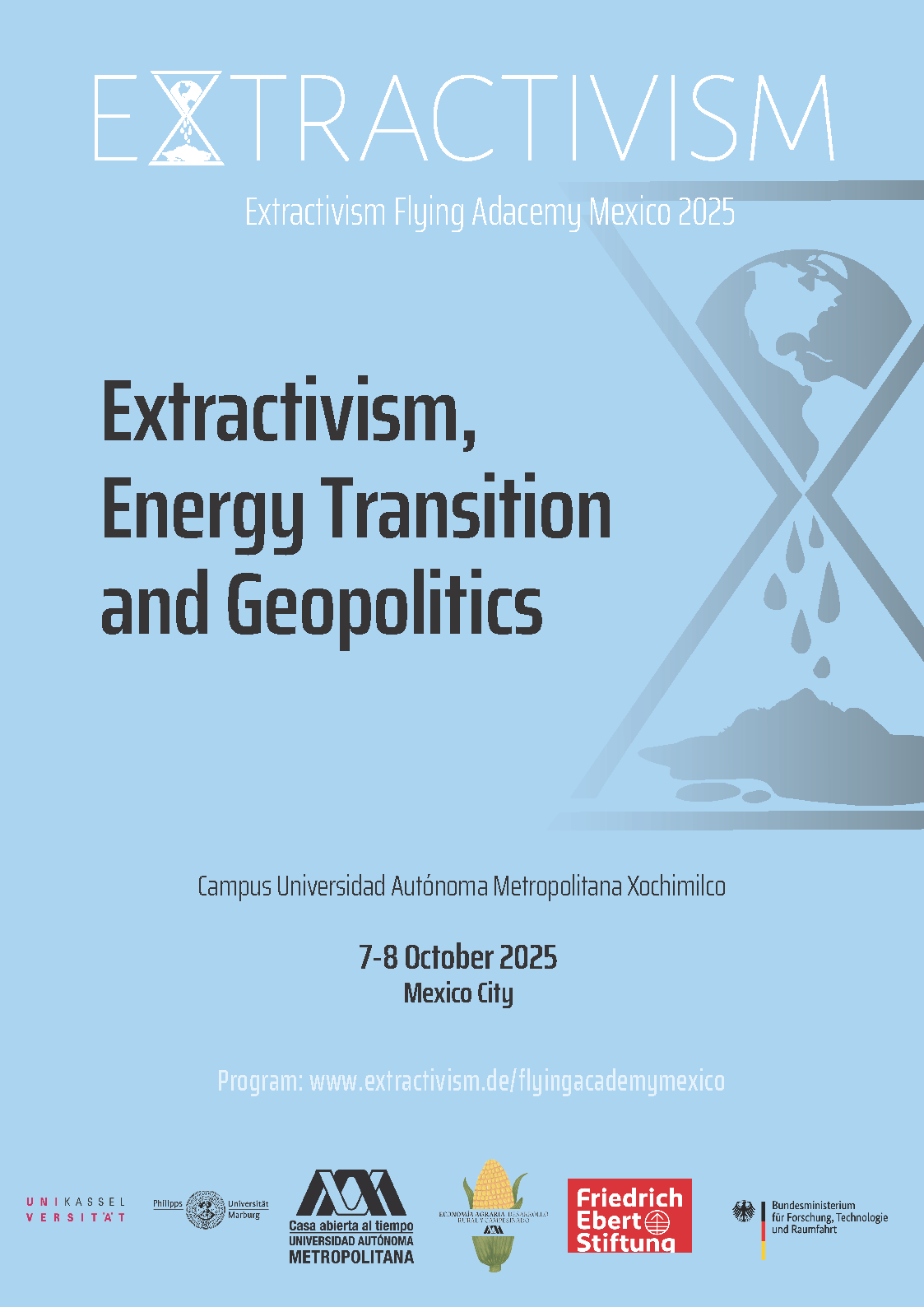Comment by Youssef Cherif, Extractivism Fellow in Marburg, 2025
The inaugural Raisina Mediterranean forum, held in Marseille on 12–13 June 2025, marks a new chapter in the Observer Research Forum (ORF)’s global outreach. Modeled on the Raisina Dialogue held annually in New Delhi, this Mediterranean edition was co-organized by India’s ORF and CMA CGM. With over 38 countries represented, including ministers -the foreign ministers of France and India were in the attendance- diplomats, scholars, and business leaders, the forum sought to provide a fresh platform to debate geopolitical realignments, infrastructure corridors, maritime connectivity, and climate resilience—with the Mediterranean as both subject and site of strategic entanglement.
Attending the conference offered a useful vantage point on how India is positioning itself in a rapidly shifting global environment. Seven years after my participation in Raisina 2018 in Delhi, I found myself again among participants of this dialogue—but this time on the shores of the Mediterranean. Marseille, home to the French shipping giant CMA CGM, signaled a clear emphasis on maritime routes and logistical supply chains. These are areas central to contemporary extractivism, as minerals, energy resources, and agricultural commodities increasingly move along high-capacity corridors shaped by both commercial strategy and geopolitical intent.
One striking feature of the forum was the relative absence of Middle Eastern debates, despite the region’s centrality to Mediterranean politics and to the India–Middle East–Europe Corridor (IMEC), one of the flagship initiatives discussed throughout the event. This absence left space for other narratives, particularly the strengthening France–India relationship, which was repeatedly highlighted by senior representatives from both countries. Their speeches framed India not just as a partner, but as a long-term strategic actor, one seeking alignment on climate goals, maritime security, and shared infrastructure planning. The IMEC was presented not only as a transport route but as a transformative vision for connectivity that links India, the Arabian Peninsula, and Europe—potentially reshaping how extractive resources are moved and traded.
For observers of extractivism, this corridor deserves attention. India has been deepening its interest in North African phosphates, particularly in Morocco and Tunisia. These fertiliser inputs are essential for India’s agricultural security and industrial policy. European actors, likewise dependent on phosphate imports, increasingly find themselves in indirect competition. The creation of parallel infrastructure along the IMEC route may accelerate this race for secure resource access. While discussions on these dynamics were not framed explicitly in terms of extractivism at the forum, the connections were evident.
CMA CGM’s sponsorship and co-organization of the event was another indicator of the centrality of maritime extractive flows. With a global fleet transporting bulk goods across continents, the firm’s interest in geopolitics is not abstract. Logistics providers are increasingly embedded in decisions about where and how raw materials are shipped, processed, and stored. The crisis in the Red Sea is one of many geopolitical tensions that drag these companies’ focus.
India’s positioning at the event was also notable for its rhetorical framing. A former Indian minister remarked that “In India, we are not transactional, we are philosophical.” The statement, while diplomatically delivered, implicitly drew contrast with China’s more assertive and commercially driven global posture. The suggestion was that India offers a more balanced, perhaps more principled form of engagement—particularly relevant in regions wary of overdependence on any single external actor. While the competition between India and China was rarely mentioned outright, it hovered in the background of multiple conversations, particularly as the Mediterranean becomes a new arena of influence for both.
Taken together, the Raisina Mediterranean Forum offered more than just symbolic diplomacy. It provided a glimpse into the infrastructural and ideological architecture being assembled around extractive routes and maritime corridors. The absence of the Middle East, the prominence of shipping actors, the subtext of India–China rivalry, and the geopolitics of energy all reveal how extractivism is being reframed—not only in terms of what is extracted, but how, by whom, and along which routes.
As this new Raisina chapter unfolds, it will be important to observe how the Mediterranean becomes a testing ground for India’s global ambitions, and how this intersects with extractive flows across North Africa and Europe.



